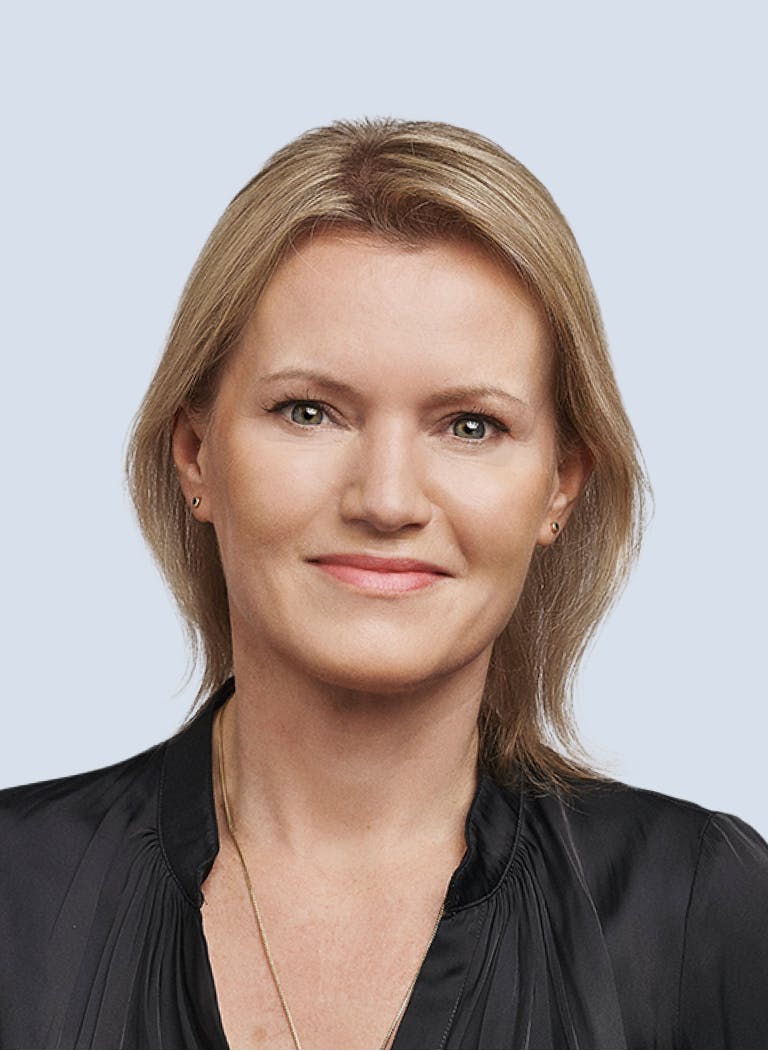
FGS Global Radar

Sign up to receive the full report


The FGS Global Radar 2026 reveals a world that is being rewired - politically, economically, technologically and socially. Public pessimism is reaching crisis levels, divides are deepening, institutions that once moderated are losing their grip.
Our report draws on insights from 175 senior leaders and polling c. 20,000 people across major economies. The research exposes deepening divides, rising pessimism, and the decline of traditional institutions—demanding new strategies from leaders.
Radar 2026 doesn’t predict headlines; it uncovers the structural shifts driving a fractured global order, from splintered alliances to the rise of transactional geopolitics and weakened institutions.
The postwar rules-based order is fragmenting into spheres of influence, with transactional relationships and strongman leadership supplanting shared values.”
The year at a glance
Splintered realities and deepening divides
Political, generational, and social rifts are intensifying across advanced economies. Trust in governments, media, and public services continues to erode, fueling fractured information environments and competing definitions of fairness. Intergenerational tensions are rising, with both younger and older cohorts feeling excluded or threatened.
10%
say their country feels divided8%
believe their political system serves a powerful elite1%
view public institutions as wasteful and ineffective
Crisis of confidence: pessimism and populism
Public confidence is waning, driving a surge in populism and impatience for action—especially on affordability and immigration. Many are open to disruptive leadership, even as they remain wary of instability.
2%
believe political systems need fundamental reform2%
believe political systems need fundamental reform
The tale of two economies
A “K-shaped” economic recovery is emerging, high earners and technology sectors thrive, while most households face stagnant wages and rising costs. Younger generations increasingly see inheritance, not effort, as the key to financial stability.
1%
feel worse off than a year ago14%
say taxes fall too heavily on working people1%
support a wealth taxShifting influence: who shapes reality?
Trust in traditional authorities is collapsing. Influence is migrating to decentralized, digital, and peer-driven networks, complicating stakeholder engagement. Public disengagement is on the rise, especially among younger generations.

1%
say mainstream news cannot be trusted1%
feel disconnected from society76% say that "my country feels divided" and 74% believe that 'The political system in my country serves the interests of a rich and powerful elite, rather than the interests of ordinary working people"

AI: promise and peril
AI adoption is accelerating, but regulatory frameworks are lagging. While business leaders anticipate productivity gains, public concerns about job displacement and energy costs are mounting.
1%
believe AI will have a positive impact on the rate of economic growth1%
think AI will have a negative impact on job opportunities in the future5%
want AI companies to pay higher taxes to offset energy costs
What this means for leaders
FGS Global Radar highlights rising division and uncertainty in 2026—but also a clear path for leaders.
Our experts agree: Strategy, agility, authenticity, and storytelling are vital. Leaders must communicate clearly, adapt to change, and build trust in a fast-moving world polarized world.
These are the hallmarks of FGS Global. We’re ready to help you lead in 2026.
Methodology
The FGS Global Radar 2026 is based on 175 in-depth interviews with very senior leaders and policy experts from the worlds of business, politics, academia and media. To compare these expert perspectives with the views of the public, we conducted wide ranging nationally representative polls in the US, Canada, the member countries of the European Union, UK and Japan – ~20,000 in all.
Radar is unique in scale. It doesn’t provide us with a crystal ball, but it is a reflection on what will be some of the key themes of 2026 – where there is consensus, where there is debate and where there is deep insight.
1
countries19,934
people surveyed
















